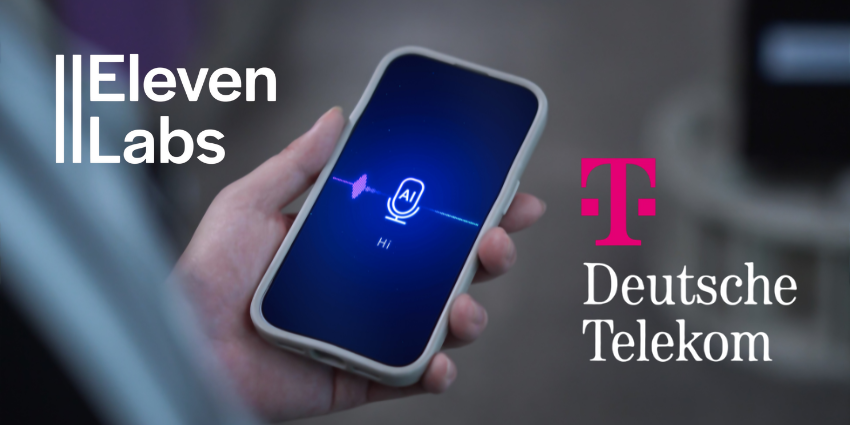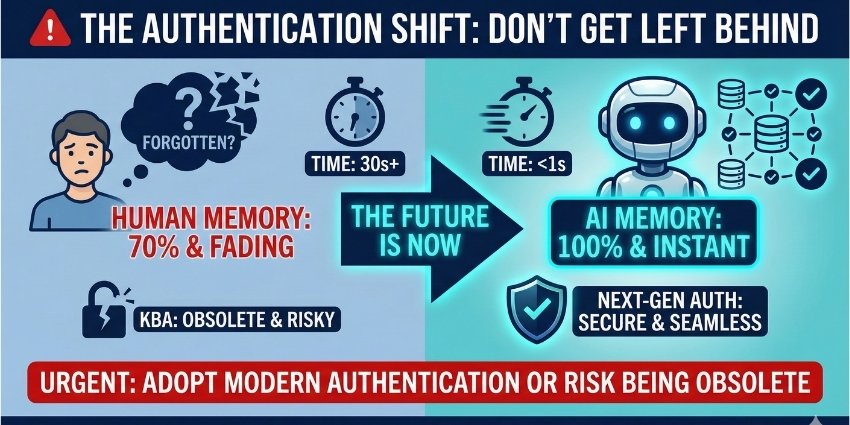It’s been five months since we had Dialpad on the UC Today podcast, discussing their acquisition of TalkIQ. As I was in San Francisco for the week, I caught up with Dan O’Connell, former CEO of TalkIQ and now Chief Strategy Officer at Dialpad, to see how the transition has unfolded and what the plans were for blending the two products together.
How the deal unfolded
With no intention to sell the business, the attention from Dialpad was a flattering yet completely logical step for TalkIQ. Rather than fighting an immature market space, in voice AI, it made complete sense for the niche provider to move into the Dialpad portfolio.
Dan knew Brian Peterson, Dialpad Co-Found and VP of of Product and Mobile Engineering, from their days together as senior engineers at Google. As every good business deals start, the two former colleagues went for a beer and the rest is history. With Dialpad’s existing portfolio of Dialpad business phone system, UberConference and Call Centre, the VoiceAI becomes a powerful addition to the suite. Baking in VoiceAI to the phone line provider made sense for both companies. TalkIQ no longer need to rely on forward thinking business in a niche market. Dialpad bolster their already impressive portfolio with a true differentiator.
Since the announcement, TalkIQ has migrated 95% of its existing workforce over to Dialpad. Seamlessly, engineering rolled into engineering and design rolled into design.
VoiceAI
The VoiceAI product is the next step in real-time speech recognition. Technologies like natural language IVR and speech recognition are now fairly mature in the Unified Comms industry. However, just because vendors have this tool in their armoury doesn’t mean customers are adopting it.
Dialpad’s ideal customer for the VoiceAI product is a client facing team, ready to invest in tools to that drive ultimate productivity. Features such as real time transcription, voicemail transcription and sentiment analysis are standard items within the VoiceAI product.
The real game changer for businesses in the VoiceAI product is real-time recommendations. As customers use certain keywords, triggers in the system will prompt suggestions based on what the customer is likely to buy, or will extract information from a connected knowledge base.
Time to effectiveness
Real time recommendations and transcriptions are beneficial both for the customer, in getting their issue resolved quicker, and also for the internal experience. When onboarding new staff, time to effectiveness is crucial in any business. Thinking about the time and effort it takes with a new starter to get them up to speed, we agreed that automated assistance can only aid the challenge. Dan said that as long as businesses accept the transcription will not be 100% perfect from day one, expectations will be met and businesses can be radically transformed.
“Even if the notes aren’t perfect, if we save you 45 minutes per day, that’s a game changer”.
Immediate real time
The use of the term real-time is more present than ever in VoiceAI. Rather than traditional call recording products, that start real-time as soon as the call is disconnected, VoiceAI starts the transcription as you are on the call. From as soon as the call is answered, transcription starts. This allows VoiceAI to really come into its own.
With VoiceAI, the complexities of deploying real-time speech recognition disappear. You no longer need to be able to code and there is no need to integrate multiple systems into your voice platform. Dialpad’s already impressive product offering is now seemingly complete.






